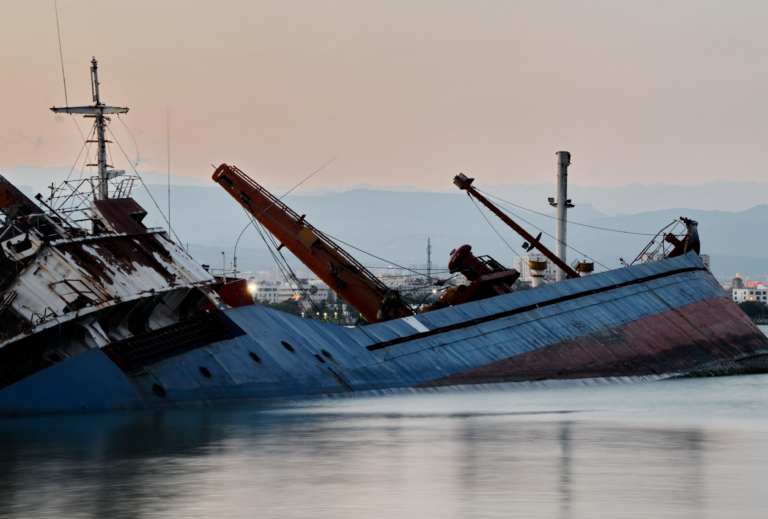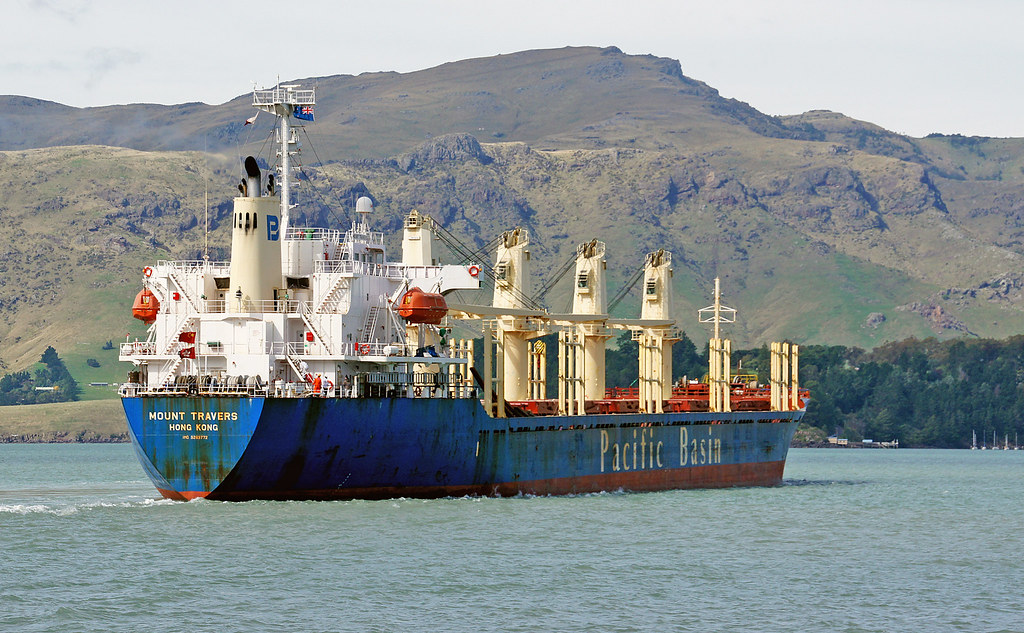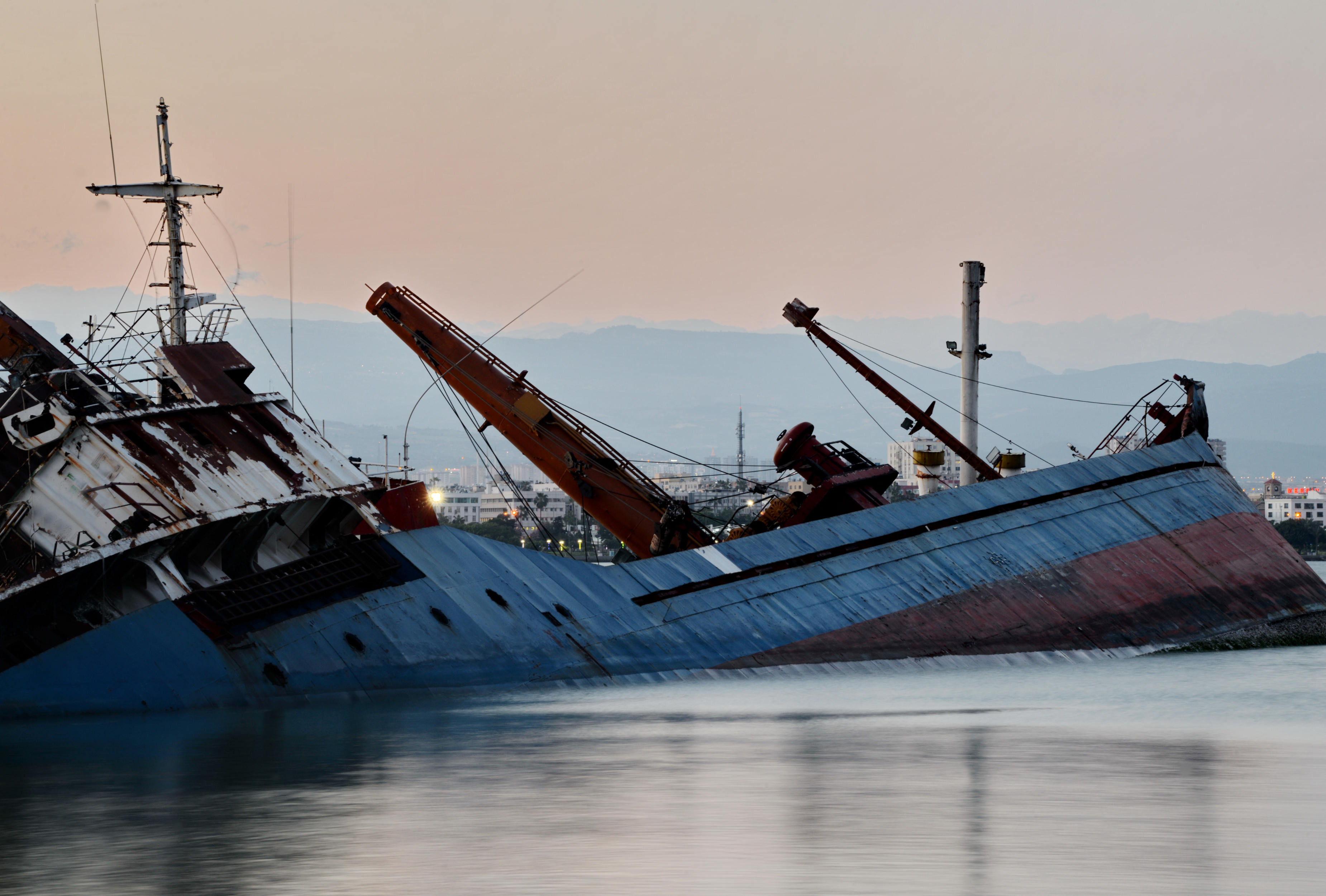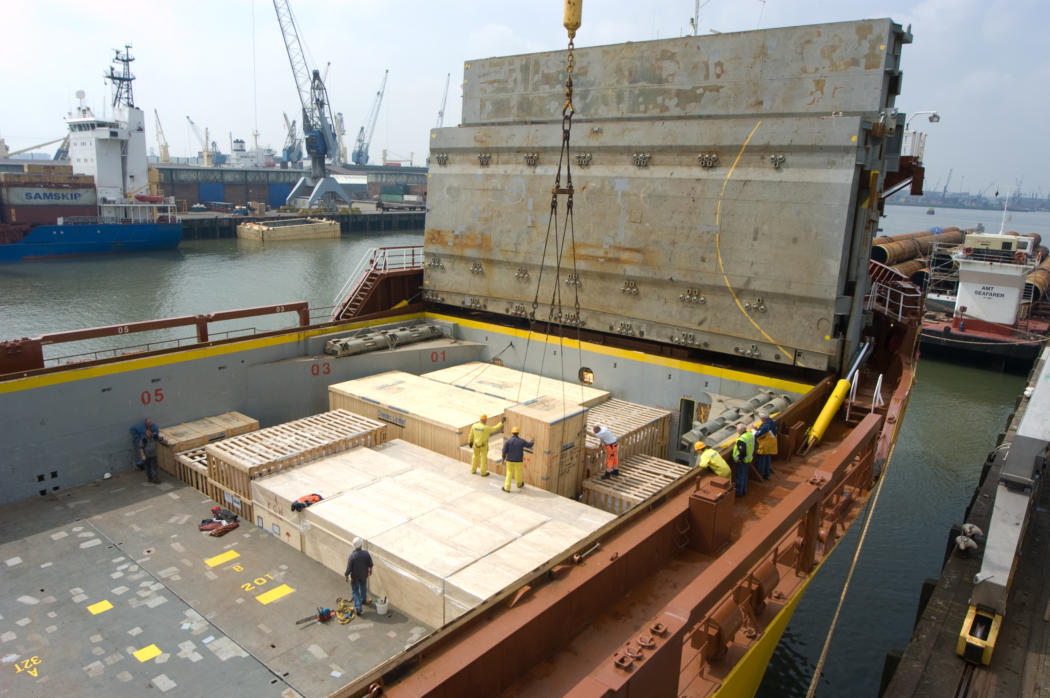Recently, commodity merchants may have received notice of cancellation to their Ocean Marine War Policy from their cargo insurers in respect to shipments to the Black Sea and the Sea of Azov due to the war in Ukraine.
This surely prompts some immediate questions, the most basic being: Isn’t that what a War Policy is supposed to cover?
The short answer is yes, and it does. But that is only for voyages that have already commenced prior to the effective date of cancellation.
Why the apparent sudden change of heart from insurers then?
It is not really a change of heart but rather common sense when you drill down into it.
The extremely heightened risk to any shipments transiting to this area is obvious. In fact, there have been multiple reports of actual strikes on commercial vessels, including bulk commodity vessels. So, for starters, this new material risk is much different to what initially induced insurers to accept the risk in the first place.
A quick historical perspective can also be helpful. Arnoulds Law of Marine Insurance and Average asserts that the old “standard form of Lloyd’s SG [Ship and Goods] policy was used for several centuries to provide a comprehensive cover against most kinds of damage that were thought likely to befall a ship or cargo on the high seas. Indeed, in the list of enumerated perils the violence of man is much more prominent than that of the elements.”
After paying significant claims for warlike hostilities during multiple global incidents during the 18th through 20th centuries, these perils quickly fell upon disfavour with marine insurers. Initially, insurers excluded such perils through the ‘Free of Capture and Seizure Clause’, often referred to as the ‘FC&S Clause’.
Pure marine insurers wanted to deal with losses of true fortuity, rather than the more certain losses that were occurring in these hot areas. War risks therefore were shunted onto their own where a premium commensurate with the risk could be assessed. Special war risks associations and pools formed to better cater to more precise information needed to assess the risks in light of constantly changing local developments.
In the second half of the 20th century, an actual War Policy was issued concomitantly with a global cargo policy. This practice continues today and provides coverage during the voyage for, amongst other specific and similar perils, damage by menof- war, warlike operations, aerial bombardment, mines, torpedoes, etc.
Typically, the War Policy contains a 48-hour notice of cancellation provision. Once tendered, the cancellation applies to future shipments and not those shipments that are already en route, which are permitted to continue with coverage intact to the destination. Importantly though, it should be noted that coverage ceases upon discharge from the vessel.
Finally, the notice usually comes with an accompanying sentence that says insurers will consider future shipments on a case-by-case basis subject to full details being provided. So, in the end, marine insurers do give the needed protection, but in the full light of day.
If this now seems somewhat comprehensible and a more reasonable course of action by insurers, unfortunately it can all be turned on its head with the more recently mandated and ubiquitous sanctions clauses, the proverbial and immediate third rail for any insurer. I urge you to check with your specialist cargo broker to see how you may be affected. Stay tuned!
Article originally published in Tea & Coffee Trade Journal.













